October 2017
Hands-on Training towards marine biodiversity monitoring with scuba diving for the frontline staff of Tamil Nadu Forest Department by CAMPA-Dugong Recovery Programme
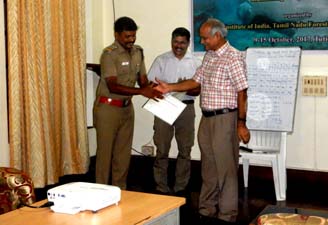 Wildlife Institute of India in collaboration with Tamil Nadu Forest Department and SDMRI has organized One-Week Special Course in ‘Hands-on Training towards marine biodiversity monitoring with scuba diving for the frontline staff of Tamil Nadu Forest Department’ as part of CAMPA-Dugong Recovery Programme, on 8th – 15th October, 2017 at Gulf of Mannar Marine National Park, Tamil Nadu. A total of 10 Range Forest Officers and four Researchers have participated in the training. The Chief Wildlife Warden, Government of Tamil Nadu, Director, Gulf of Mannar Marine National Park, Wildlife Warden, Gulf of Mannar National Park, Director, SDMRI have provided inputs in the course along with WII Team lead by Dr JA Johnson. The main objectives of this training are to provide a) basic knowledge of marine biodiversity of Gulf of Mannar and Palk Bay and their conservation b) knowledge on dugongs and their conservation c) SCUBA diving in open water d) hands-on training of under water marine biodiversity monitoring using, quadrats, LIT and PIT methods. In future, similar trainings are planned for frontline staff of Gujarat and Andaman and Nicobar islands and also for the Managers of Marine Protected Areas of these three states.
Wildlife Institute of India in collaboration with Tamil Nadu Forest Department and SDMRI has organized One-Week Special Course in ‘Hands-on Training towards marine biodiversity monitoring with scuba diving for the frontline staff of Tamil Nadu Forest Department’ as part of CAMPA-Dugong Recovery Programme, on 8th – 15th October, 2017 at Gulf of Mannar Marine National Park, Tamil Nadu. A total of 10 Range Forest Officers and four Researchers have participated in the training. The Chief Wildlife Warden, Government of Tamil Nadu, Director, Gulf of Mannar Marine National Park, Wildlife Warden, Gulf of Mannar National Park, Director, SDMRI have provided inputs in the course along with WII Team lead by Dr JA Johnson. The main objectives of this training are to provide a) basic knowledge of marine biodiversity of Gulf of Mannar and Palk Bay and their conservation b) knowledge on dugongs and their conservation c) SCUBA diving in open water d) hands-on training of under water marine biodiversity monitoring using, quadrats, LIT and PIT methods. In future, similar trainings are planned for frontline staff of Gujarat and Andaman and Nicobar islands and also for the Managers of Marine Protected Areas of these three states.
Sea Cow Dugong dugon, is occur in Andaman and Nicobar islands, Gulf of Mannar, Palk Bay, and Gulf of Kutch in India. Several reasons have been attributed to their population decline, some of which include sea grass habitat loss and degradation, boat traffic, gill netting, disease, chemical pollutants, consumptive use, and poaching. Therefore, recovering dugongs entails targeted, multidisciplinary research that flows into management actions and advocacy for policy changes. Therefore, dugong recovery program aims at: (a) assessing and monitoring Dugong population and habitat status; (b) implementing site specific management actions to recover populations and restore critical habitats; (c) incentivizing participatory conservation efforts involving local stakeholders; and (d) improving the capacity of enforcement and management agencies to promote integrated protection and management of Dugong and associated species. For further details: ksivakumar [at] wii [dot] gov [dot] in
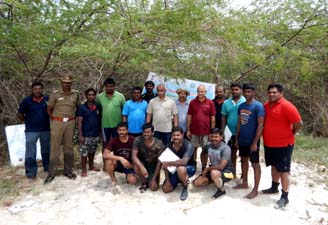 |
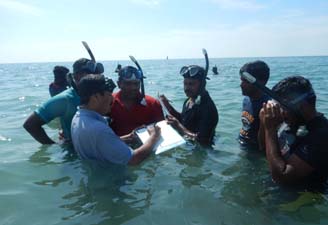 |
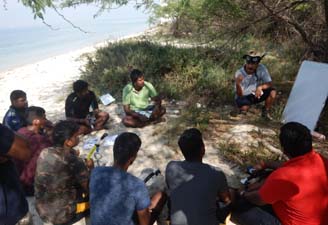 |
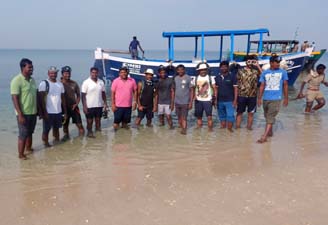 |
Last Updated: January 8, 2018
India has launched its 3rd National Wildlife Action Plan 2017-2031 – A road map for wildlife conservation
|
|
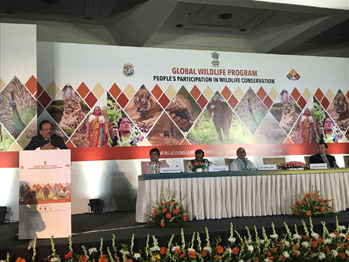
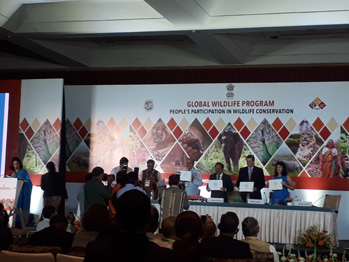
Last Updated: October 3, 2017

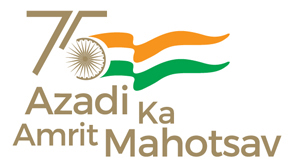
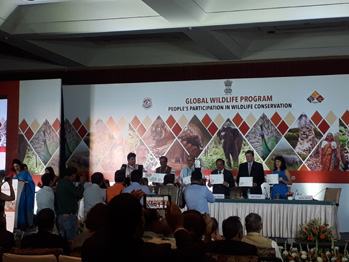 The Hon’ble Minister, Environment, Forest and Climate Change Dr Harsh Vardhan has unveiled the India’s third National Wildlife Action Plan for 2017-2031 on the inaugural day of the Global Wildlife Programme (GWP) conference on 2nd October, 2017. The Plan is the future road map for wildlife conservation in India. The third
The Hon’ble Minister, Environment, Forest and Climate Change Dr Harsh Vardhan has unveiled the India’s third National Wildlife Action Plan for 2017-2031 on the inaugural day of the Global Wildlife Programme (GWP) conference on 2nd October, 2017. The Plan is the future road map for wildlife conservation in India. The third 






